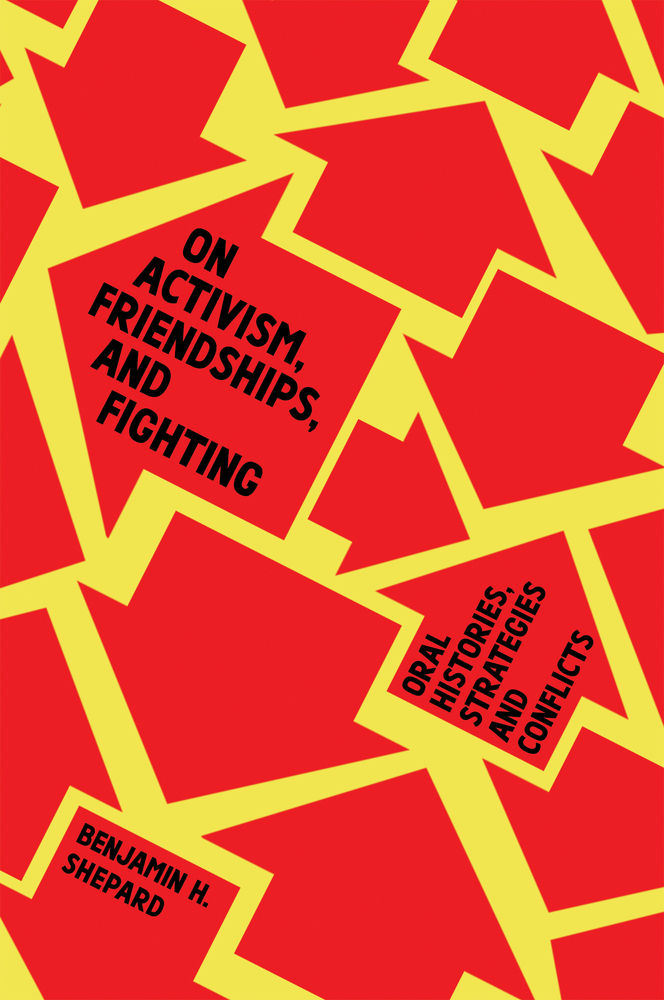Book Review - On Activism, Friendships, and Fighting by Benjamin H. Shepard
 On Activism, Friendships, and Fighting: Oral Histories, Strategies, and Conflicts is a book about friendship.
On Activism, Friendships, and Fighting: Oral Histories, Strategies, and Conflicts is a book about friendship.
Friendships are typically birthed in proximity or circumstance (neighbors, classmates, coworkers). They are often time-limited, simply fading away rather than blowing up from a conflict. We all know people we ‘used to be friends with’.
There are other books out there about friendship, many inspired by the ‘loneliness epidemic’ that began with COVID isolation. All of them offer the same antidote: make friends, more friends. Find a new hobby, enroll in a class, get involved in your place of worship. This is especially targeted to people who are older, looking for new friends their own age. But here Benjamin Shepard writes a more accurate prescription for people of any age: make friends with people with whom you share a passion that brings meaning to your life. Together you can make a difference in the world.
The people in this book had to do one very specific thing before they could make those friends: they had to be vulnerable. They had to share their own stories, their own struggles, their own dreams. That decision was terrifying for some of them, but all found that it was only in opening up that they could find their tribe.
Finding your affinity group does not eliminate the potential for conflict, and Ben shows how those conflicts play out in various groups: “What unites us and what divides us?” The shared purpose often, but not always, is enough to keep the friendships intact. It’s only when the conflicts become attacks that friendships and affinity groups fall apart. The most personal, most vicious attacks came from inside the groups, not outside. There are racists and misogynists and homophobes even in the most ‘enlightened’ groups. When those personal, internal attacks persist - often without confrontation - those groups splinter, often beyond repair.
Can activist groups that are not homogeneous survive? Can the personal friendships within - based on respect and a shared sense of purpose - overcome class differences or disagreements about ideology? How do you avoid the impulse to treat allies like enemies? Is everything black or white? As the late, great Andy Vélez of ACT UP put it, “You don’t have to like everyone. You just have to be willing to do the work.” And the most important work is listening, listening with an open mind and heart.
It is also a book about the importance of storytelling. Only with a diversity of voices can the true stories of oppression, healing, and hope be told. Lin-Manuel Miranda was spot-on when he wrote “Who lives? Who dies? Who tells your story?” The answers in Ben’s book are “Everyone. Everyone. You.”

